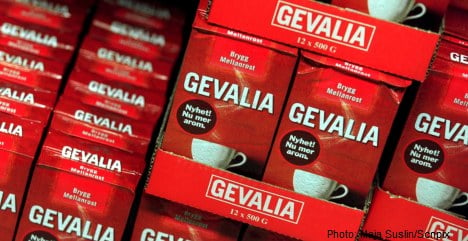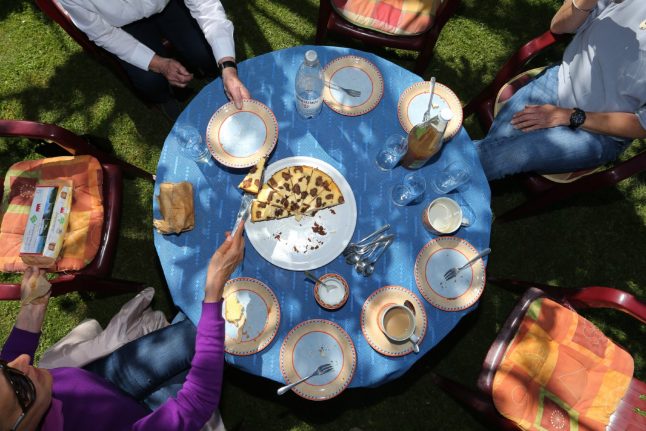Kraft Foods has had a partnership with Starbucks, and had sold that popular brand of coffee as their high-end coffee product for years. However the distribution pact between the two companies was dissolved March 1, the Wall Street Journal reports. Kraft and Starbucks are still in arbitration to settle the dispute.
Now Kraft has chosen Gevalia. The brand will be available to more than 20,000 retailers throughout the U.S.
Gevalia, a nearly $400 million global brand, has a strong following in the U.S. where consumers can purchase the coffee online.
“Gevalia is known and loved by millions who’ve purchased it online because it delivers on its promise of rich, smooth taste that’s never bitter,” said Domenic Borrelli, Vice President of U.S. Coffee, in the press release.
“We’re telling retailers the good news now. And, we’re confident the convenience of being able to purchase Gevalia in stores will attract and delight an entirely new audience of discriminating coffee lovers.”
Kraft Foods has a $5 billion global coffee business, which includes the well-known French brand Carte Noire and the German brand Jacobs.
In the press release, Kraft Foods said Swedish citizens drink more coffee than citizens in almost any other country, adding that Gevalia is the number one Swedish brand. They even touted that Gevalia has the honor of being an official coffee of the Swedish Royal Court.
Ten Gevalia products will be sold in the first stage, and Kraft says they will “aggressively support the Gevalia retail expansion in August”.





 Please whitelist us to continue reading.
Please whitelist us to continue reading.
Member comments